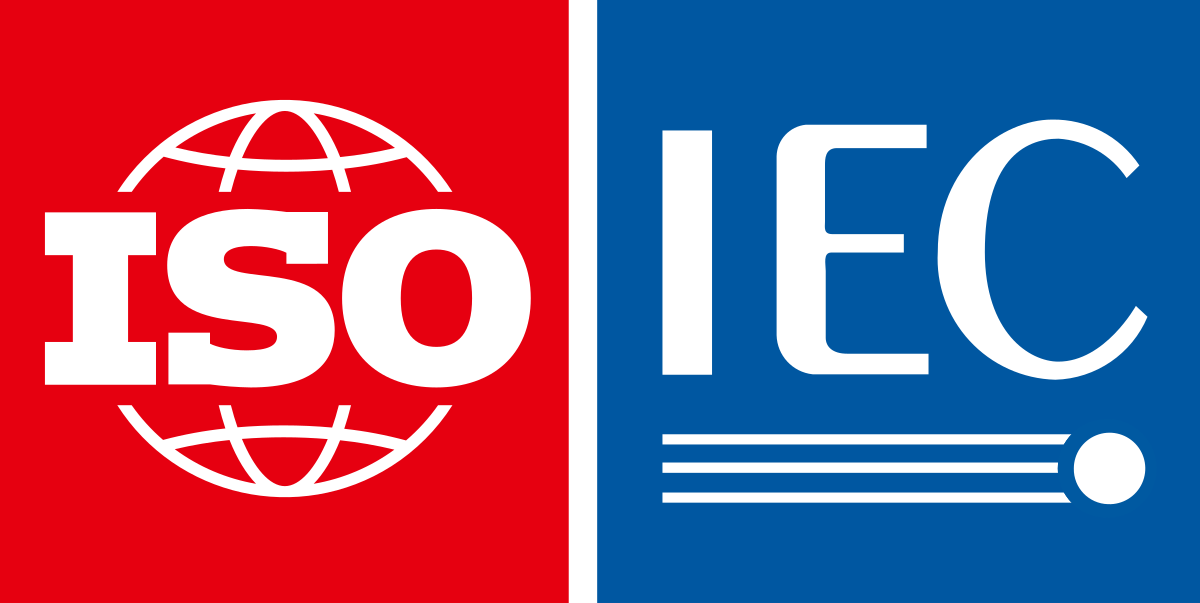What's the Difference Between a Landing Page and a Website?
Understand when to use landing pages versus full websites and how each serves different marketing purposes.
The Fundamental Difference
The main difference between a landing page and a website comes down to focus and purpose. A landing page is designed for one specific action, while a website serves multiple purposes and audiences.
Think of a landing page as a focused sales conversation, while a website is like a comprehensive showroom. Both have their place in your marketing strategy, but they serve different functions and should be used in different situations.
Landing Pages vs Websites: Side-by-Side
Let's compare the key characteristics of each:
Landing Page Characteristics
- Single focused objective
- Minimal navigation
- Specific call-to-action
- Campaign-specific content
- High conversion focus
- Limited information
Website Characteristics
- Multiple pages and sections
- Comprehensive navigation
- Various calls-to-action
- Complete business information
- Brand building focus
- Extensive content
Detailed Comparison
Here's a comprehensive comparison across key factors:
| Aspect | Landing Page | Website |
|---|---|---|
| Purpose | Single conversion goal | Multiple business objectives |
| Navigation | Minimal or none | Comprehensive menu system |
| Content | Focused on one topic | Comprehensive business info |
| Pages | Usually just one | Multiple interconnected pages |
| Conversion Rate | Higher (5-15%) | Lower (2-5%) |
| SEO Potential | Limited | High |
| Cost | £200-1,500 | £1,000-15,000+ |
| Timeline | 1-2 weeks | 4-16 weeks |
When to Use Each Approach
The choice between a landing page and website depends on your specific goals and situation:
Product Launch
Focus all attention on the new product without distractions
Established Business
Need to showcase full range of services and build credibility
Ad Campaign
Match the specific ad message and maximize conversions
Event Registration
Single goal: get people to register for the event
Professional Services
Need to demonstrate expertise and build trust over time
Lead Magnet
Focus on capturing email addresses for specific content
Landing Page Deep Dive
Landing pages are conversion-focused pages designed for specific campaigns or objectives:
When Landing Pages Excel
- Paid advertising campaigns: Match ad message to page content
- Email marketing: Specific offers or content downloads
- Product launches: Focus attention on new offerings
- Event promotion: Drive registrations or ticket sales
- Lead generation: Capture contact information for specific offers
- A/B testing: Test different messages or offers
Landing Page Best Practices
- Remove navigation: Eliminate distractions from the main goal
- Match ad copy: Ensure message consistency from ad to page
- Single call-to-action: Focus on one primary action
- Social proof: Include testimonials and trust signals
- Mobile optimization: Ensure perfect mobile experience
- Fast loading: Optimize for speed to reduce abandonment
Website Deep Dive
Websites serve as comprehensive digital presences for businesses:
When Websites Are Essential
- Established businesses: Need comprehensive online presence
- SEO strategy: Multiple pages to rank for different keywords
- Brand building: Tell complete brand story and showcase expertise
- Multiple services: Showcase various offerings and capabilities
- Content marketing: Blog and resources for lead generation
- Customer support: FAQs, documentation, and self-service options
Website Best Practices
- Clear navigation: Help users find what they need
- Multiple CTAs: Various actions for different user intents
- SEO optimization: Optimize each page for relevant keywords
- Content strategy: Regular updates and valuable information
- User journey mapping: Guide users through logical paths
- Analytics tracking: Monitor user behavior across pages
The Hybrid Approach
Many successful businesses use both landing pages and websites strategically:
Website + Campaign Landing Pages
Main website for SEO and credibility, dedicated landing pages for campaigns
Benefits:
Landing Page First, Website Later
Start with landing page to test market, build full website once validated
Benefits:
Website with Landing Page Elements
Full website with specific pages designed like landing pages for key conversions
Benefits:
Making the Right Choice
Consider these factors when deciding between a landing page and website:
Choose a Landing Page When:
- You have a single, specific goal (sign-up, purchase, download)
- Running paid advertising campaigns
- Testing a new product or service
- Promoting a time-sensitive offer
- You need quick results and high conversion rates
- Budget is limited and you need to launch quickly
Choose a Website When:
- You need to establish comprehensive online presence
- SEO and organic traffic are important
- You offer multiple products or services
- Building long-term brand credibility is crucial
- You need to serve different types of visitors
- Content marketing is part of your strategy
Cost and Timeline Considerations
Understanding the investment required for each option:
Landing Page Investment
- Cost: £200-1,500 typically
- Timeline: 1-2 weeks
- Ongoing: Minimal maintenance, campaign-specific updates
Website Investment
- Cost: £1,000-15,000+ depending on complexity
- Timeline: 4-16 weeks
- Ongoing: Regular content updates, security maintenance, SEO optimization
The Bottom Line
Landing pages and websites serve different purposes in your digital marketing strategy. Landing pages excel at converting visitors for specific campaigns, while websites build comprehensive online presence and credibility.
The best approach often involves using both strategically—a main website for SEO and brand building, plus targeted landing pages for specific campaigns and conversions.



